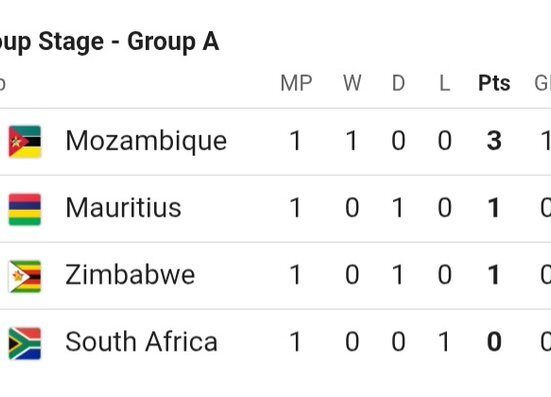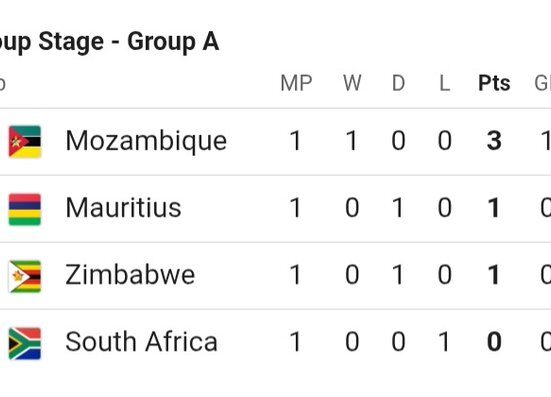MK Party deputy president John Hlophe finds himself entangled in a legal battle that has captured the attention of many as he vows to appeal the recent Western Cape High Court ruling. The judgment deemed his appointment by the National Assembly as a member of the Judicial Service Commission (JSC) unconstitutional and invalid, sparking a wave of controversy and debate surrounding the independence of the judiciary.
At a media briefing held in Durban, Hlophe expressed his determination not to succumb to what he perceives as unjust legal decisions. He firmly stated, “I have spoken to my lawyer, and we are definitely going to appeal that decision.” This resolve sets the stage for a protracted legal confrontation that promises to delve deeper into the intricacies of judicial appointments and the boundaries of legal authority.
The crux of the matter lies in the court’s assertion that Hlophe’s appointment to the JSC was irrational, a claim that has far-reaching implications for the legal landscape in South Africa. This ruling comes on the heels of the Constitutional Court’s dismissal of an application by the MK Party and Hlophe to challenge an interim interdict that prevented Hlophe from participating in JSC proceedings.
Hlophe’s journey to this legal crossroads began when he was interdicted from JSC processes following court applications lodged by prominent entities such as the DA, Corruption Watch, and Freedom Under Law. These actions stemmed from allegations that Hlophe attempted to sway Constitutional Court Justices Chris Jafta and Bess Nkabinde in favor of former President Jacob Zuma during the arms deal case in 2008. The fallout from these events led to Hlophe’s impeachment on charges of gross misconduct, casting a shadow over his continued involvement in judicial affairs.
While acknowledging Hlophe’s unquestionable academic prowess, the court’s decision to invalidate his role on the JSC underscores the critical importance of upholding the judiciary’s independence. The judgment highlights the delicate balance between individual qualifications and the broader public trust in the judiciary, emphasizing that even exceptional credentials cannot overshadow concerns about ethical conduct and institutional integrity.
In a statement that reverberates through legal circles, the court articulated, “Dr. Hlophe’s academic ability does not cure this. Through the impeachment of Dr. Hlophe, the National Assembly has effectively already determined that his continued involvement in judicial affairs would diminish public trust.” This stark reminder encapsulates the gravity of the situation and underscores the need to safeguard the foundational principles of justice and impartiality within the legal system.
As the legal saga unfolds, it raises pertinent questions about the accountability of public officials, the mechanisms for ensuring the integrity of judicial appointments, and the broader implications for the rule of law in a democratic society. The complexities of this case transcend individual personalities, delving into the core principles that underpin the functioning of the judiciary and its pivotal role in upholding the constitution.
The unfolding legal drama surrounding John Hlophe serves as a poignant reminder of the intricate interplay between legal frameworks, ethical standards, and institutional integrity within the judicial system. It prompts a broader reflection on the challenges of balancing individual merit with public trust, underscoring the imperative of maintaining the highest standards of probity and transparency in all facets of governance.
In a landscape where legal battles often shape the contours of democracy, the case of John Hlophe stands as a testament to the enduring struggle to uphold the principles of justice and accountability. As the appeal process unfolds and legal arguments are marshaled on both sides, the outcome of this case will not only impact the fate of individuals but also reverberate through the corridors of power, shaping the future trajectory of the legal system in South Africa and beyond.









Leave feedback about this